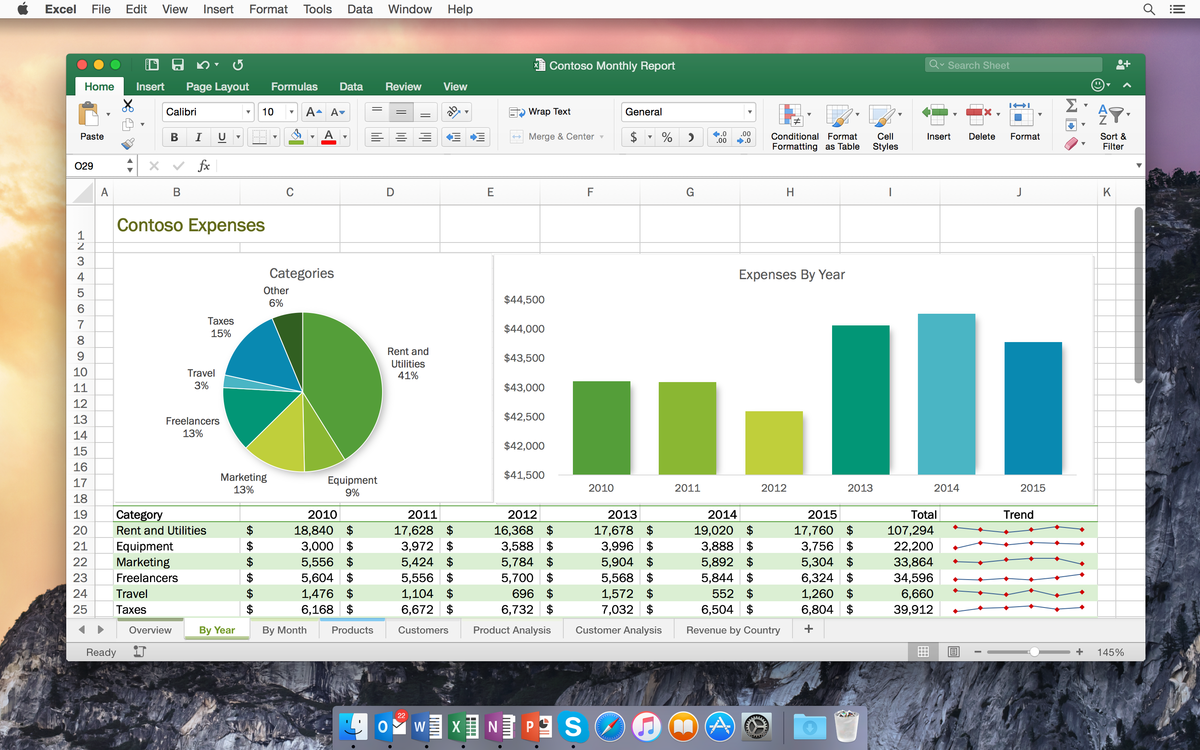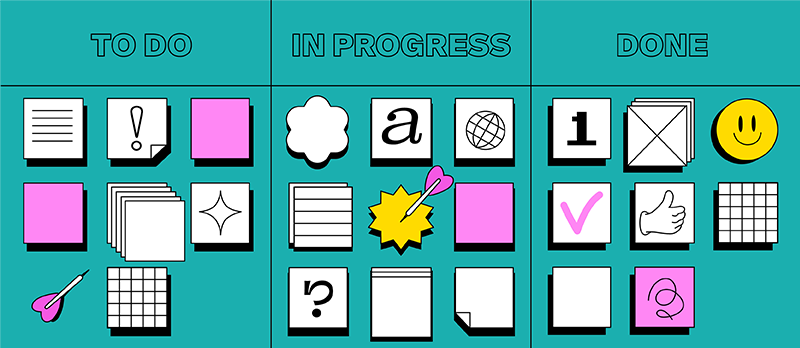What is procrastination and how to fight it: simple tips to increase productivity

Procrastination is a condition familiar to many people where we put off doing things until later. This unproductive behaviour can lead to stress, reduced efficiency and a lower quality of life, so it’s important to learn how to deal with it. But what is procrastination really?
Many people don’t realise how procrastination differs from laziness. Procrastinators often want to complete a task but are unable to start due to various factors. The inability to start is often due to fear of failure, perfectionism, or lack of motivation. When faced with a task that evokes negative emotions or requires significant effort, we often look for ways to distract ourselves or do something more enjoyable.
What is procrastination and how to deal with it
The first step in overcoming procrastination is to recognise the problem. Recognise that it is negatively affecting your life.
Identify the cause of procrastination. Sort through your emotions and thoughts to understand what factors are slowing you down.
Common causes of procrastination:
- Fear of failure: the fear of failure or a negative outcome can cause us to put off a task until later.
- Lack of motivation: if a task does not generate enough interest, we may put it off.
- Perfectionism: striving for a perfect result can lead to procrastination because we fear not achieving high standards.
- Lack of understanding: without a clear understanding of what outcome is required of us, we may procrastinate until we are sure of the action.
- Lack of clear purpose: if we don’t have a clear goal or vision, we may lose motivation.
- Distractions: the presence of distractions such as social media, TV or the noise of the air conditioner can be distracting.
- Lack of planning: improper or insufficient planning makes it difficult to know what to focus on first.
Once you have identified the cause of procrastination, develop a strategy to combat it. It’s important to set clear and specific goals that will help you get organised and take action.
Break down a large project into small, understandable and easily achievable subtasks. Create a detailed to-do list so you have a clear idea of what needs to be done. Set regular and realistic deadlines and stick to them.

Find ways to motivate yourself that work for you. Set small rewards for meeting goals or find an internal incentive. Write down key points in a prominent place to remind yourself of them.
Avoid distractions. Find a time and place where you can focus and work without interruptions. If you’re constantly distracted by social media, try deleting the app for a while, turning on a screen time tracker, or making a separate account just for work tasks.
You shouldn’t forget about rest. One of the biggest problems with procrastinators is that they don’t work, but they don’t rest either. Constant nervous tension leads to fatigue and burnout, which increase the desire to put things off for later. The circle closes, things pile up and it becomes more and more difficult to get down to work.
The tomato method
Many people struggle with procrastination with the tomato method, named after a tomato-shaped timer found in the kitchen of the method’s creator. The goal of the method is to clearly divide your time into periods of work and rest. During the “working” time you should not be distracted, during the “rest” – to fully rest, without thinking about work. The intervals can be different, but we recommend starting with the ratio of 25 minutes of work to 5 minutes of rest.

Many people find it helpful to take a rest interval after completing a number of tasks, rather than on a timer. A checklist can help with this – write down everything that needs to be done and don’t forget the breaks.

Finally, don’t be afraid to make mistakes or not be perfect. Procrastination is often linked to perfectionism, so it’s important to realise that no one is perfect. Give yourself permission to make mistakes and learn from them.
It is important to remember that the symptoms of procrastination can be overcome. Become aware of your procrastination, develop a coping strategy and find your inner motivation. This way you can increase your productivity and achieve your goals.
The Mogu task tracker can help you with this – it’s a great way to keep tasks, make checklists and set deadlines. Don’t procrastinate and sign up now!


